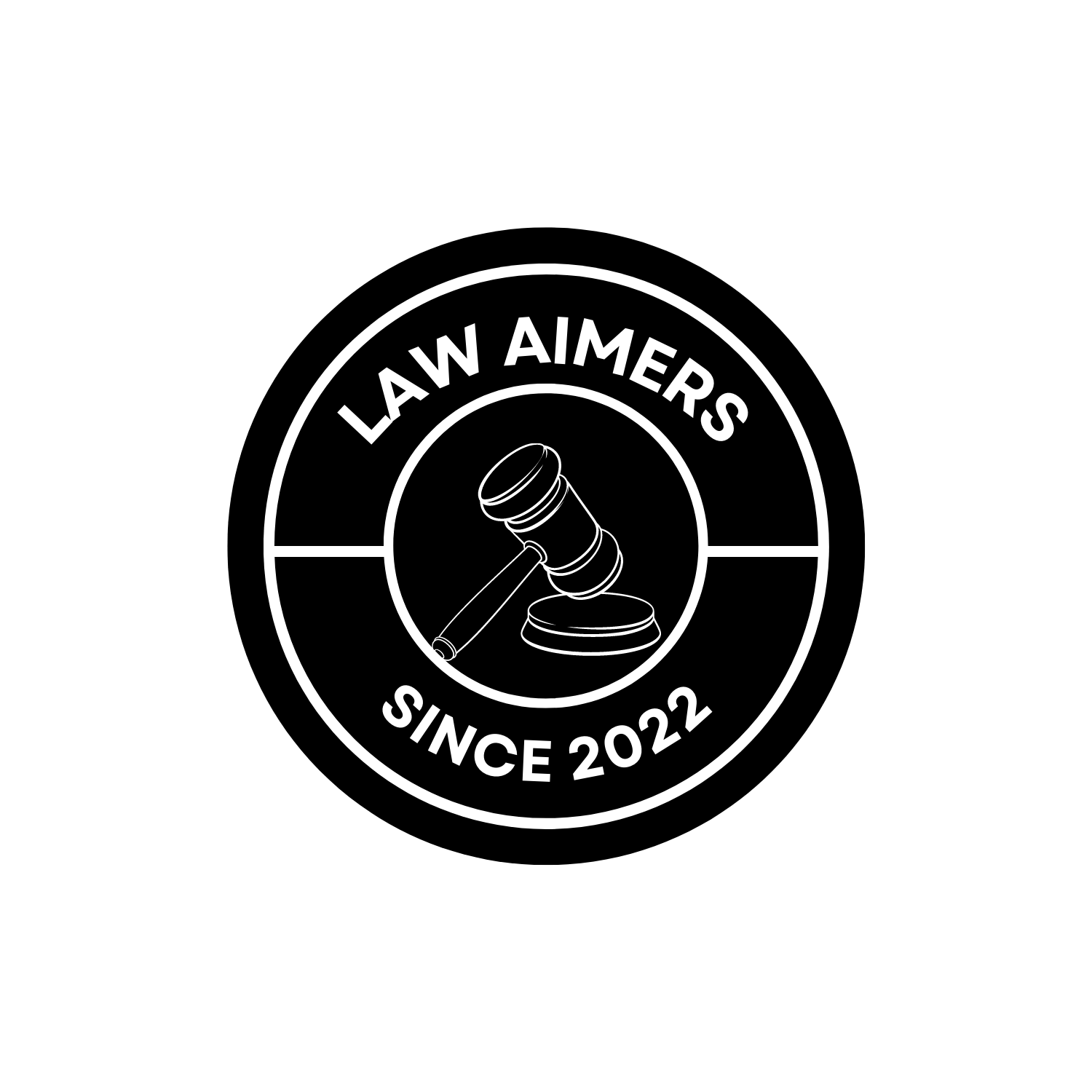Under the Indian Evidence Act, 1872, any person who possesses knowledge or information relevant to a case may be called as a witness. The Act does not impose any restrictions on who can be a witness based on factors such as age, gender, profession, or relationship to the parties involved.
Competent Witness
In general, any person who is competent to testify and can understand the questions put to them and give rational answers is considered a competent witness. Competency is not restricted by age, profession, or other factors, but rather by the ability to comprehend and communicate effectively.
Parties to the Suit
Parties involved in a legal proceeding, including plaintiffs and defendants, have the right to testify as witnesses in their own cases. They can provide their version of events, present evidence, and be subject to cross-examination.
Experts and Professionals
Experts or professionals possessing specialized knowledge or expertise in a particular field relevant to the case may be called as witnesses. They provide opinions or interpretations based on their expertise, helping the court understand complex matters.
Eye-witnesses
Eye-witnesses who have personally observed the events or incidents relevant to the case are crucial witnesses. They can provide first-hand accounts of what they saw, heard, or perceived, and their testimony can be valuable in establishing facts.
Character Witnesses
Character witnesses are individuals who testify about the general reputation or character of a person involved in the case. They provide information about the person’s moral, ethical, or social traits, which may be relevant to assessing their credibility or propensity to commit a crime.
Hostile Witnesses
Even witnesses who exhibit a hostile or uncooperative attitude during their testimony may be called as witnesses. Their credibility and the weight given to their testimony may be assessed by the court, but they can still be examined and cross-examined.
Children and Vulnerable Witnesses
Special provisions exist to accommodate child witnesses or witnesses who require special protection due to their vulnerability. Their testimony may be recorded through video conferencing or in the presence of support persons to ensure their comfort and minimize any potential trauma.





